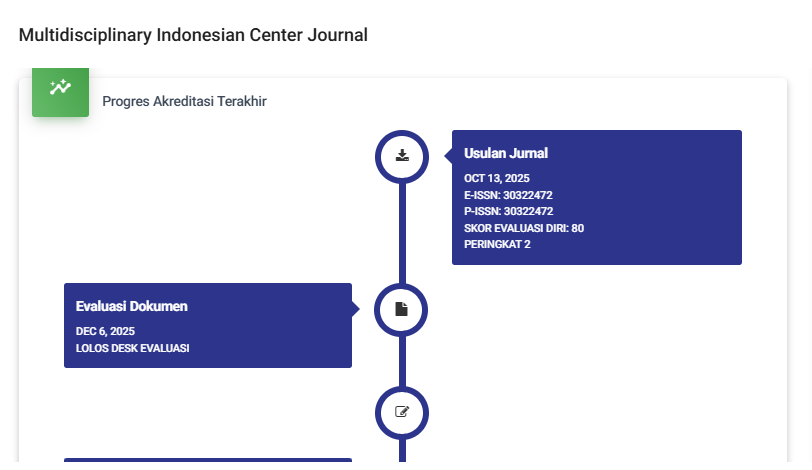THE QUR'AN AND DIVERSITY IN MODERN SOCIETY: GADAMER'S HERMENEUTIC PERSPECTIVE ANALYSIS
DOI:
https://doi.org/10.62567/micjo.v2i4.1215Keywords:
The Qur'an, pluralism, contextual interpretationAbstract
This article examines in depth the relationship between the Qur'an and the concept of diversity in the context of modern society. By using a qualitative approach and content analysis of Qur'anic verses that touch on the issue of ethnic, religious, and racial differences, this study seeks to uncover the universal and contextual dimensions of the principles of diversity in Islamic teachings. Gadamer's hermeneutic approach is used as a theoretical framework for critically interpreting Qur'anic texts, with the aim of contributing to the treasure trove of modern interpretations of pluralism. The findings of the study show that the Qur'an, through verses that emphasize the unity of humanity and respect for diversity, provides a strong foundation for the implementation of diversity values. The discussion also explained the social implications of the application of the principle of diversity according to the Qur'an, including in the context of politics, education, and intercultural relations in pluralistic societies. By integrating critical analysis of sacred texts with empirical data and theoretical studies, this article is expected to make a significant contribution to the research treasure trove of Islamic studies and pluralism. This research emphasizes that the role of the Qur'an in upholding the value of diversity is multi-perspective; It not only provides spiritual guidance, but also offers an ethical framework that can foster the construction of an inclusive, just, and harmonious modern society. The purpose of this research is to elaborate on the role of the Qur'an as a source of values of diversity and pluralism, by tracing relevant verses and relating them to the social reality on the ground. Thus, this research not only aims to provide textual analysis, but also examines the practical application of the teachings of the Qur'an in promoting peace and social justice in the era of globalization. This research is expected to be an important reference for researchers and academics of Islamic studies and pluralism in an effort to strengthen interfaith dialogue and increase tolerance and social justice.
Downloads
References
Esposito, J. L. (2002). The Oxford History of Islam. Oxford University Press.
Gadamer, H.-G. (2004). Truth and Method (2nd ed.). Continuum.
Nasr, S. H. (2006). The Heart of Islam: Enduring Values for Humanity. Harper San Francisco.
Syamsuddin, M. (2010). Contemporary Qur'an Interpretation: Perspectives on Diversity and Pluralism. Al-Islam Library.
Zainal, A. (2015). Hermeneutics and the Challenge of Interpretation in the Global Era. Journal of Islamic Studies, 12(2), 45-67.
Downloads
Published
How to Cite
Issue
Section
License
Copyright (c) 2025 Samsul Ariyadi

This work is licensed under a Creative Commons Attribution-ShareAlike 4.0 International License.



























